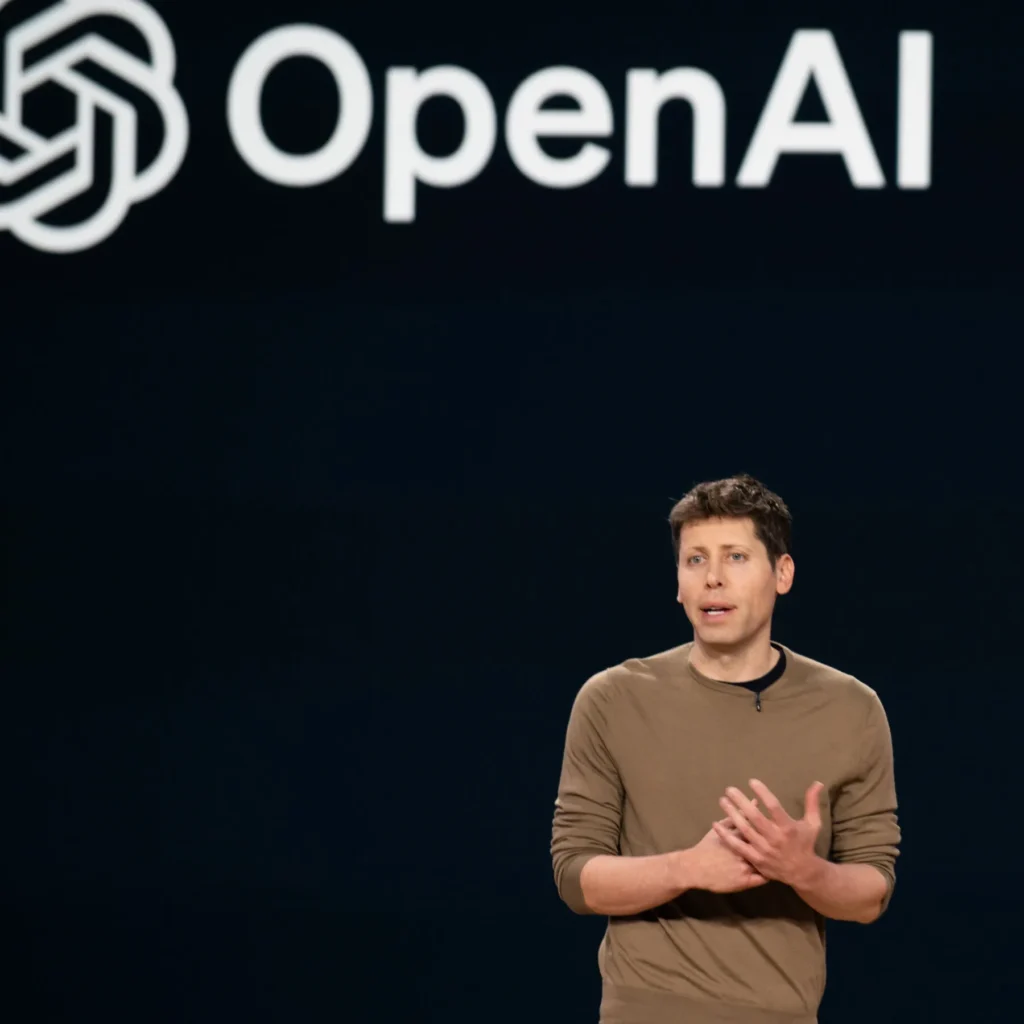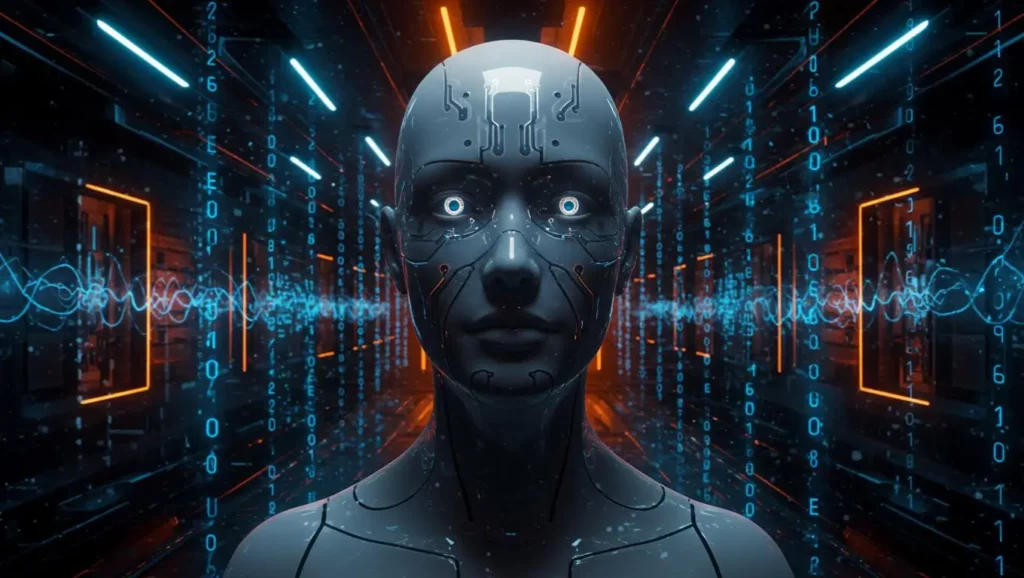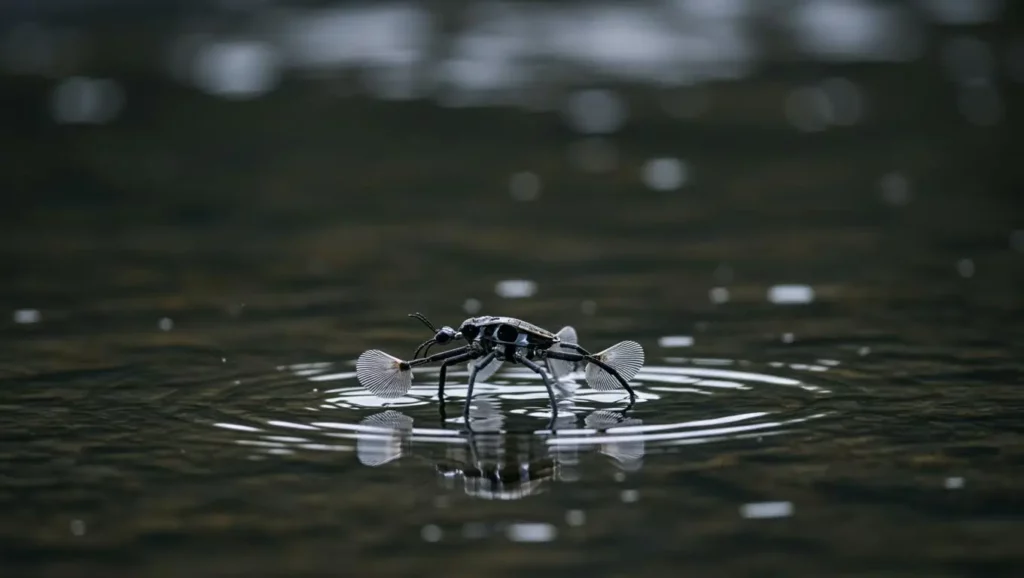OpenAI aims for 2028: AI capable of conducting scientific research without human intervention.
In a recent statement, Sam Altman outlined OpenAI’s most ambitious vision yet: to create AI that can conduct scientific research autonomously by 2028.
Starting from 2026, next-generation models are expected to operate as “research interns“, assisting scientists with minimal supervision.
From Assistance to Autonomous Research
Altman describes this milestone as the prelude to an era of “personal AGI”, where artificial intelligence does not merely respond to queries but actively engages in human creativity and analytical thinking.
According to TechRadar, this transformation is supported by an unprecedented surge in computing capacity, backed by $1.4 trillion in investments in infrastructure.
The models of 2028 should be capable of independently managing large-scale projects — including drug discovery, climate modeling, and advancements in fundamental physics.
Reorganization and Strategic Partnerships
To achieve these goals, OpenAI is restructuring as a public benefit corporation, balancing innovation with social responsibility. The company is also extending its partnership with Microsoft until 2032 and partnering with PayPal to integrate native AI payments.
Chief Scientist Jakub Pachocki emphasizes: “Security remains our top priority as our models gain autonomy.”
Between Optimism and Caution
Some observers consider these timelines ambitious: full autonomy will require significant advancements in reasoning, reliability, and ethical alignment.
However, for Altman, the objective is clear: to make AI a true partner in discovery, capable of extending human capabilities. “If we can combine power and safety, we will enter an unprecedented era of innovation,” declared Sam Altman.




